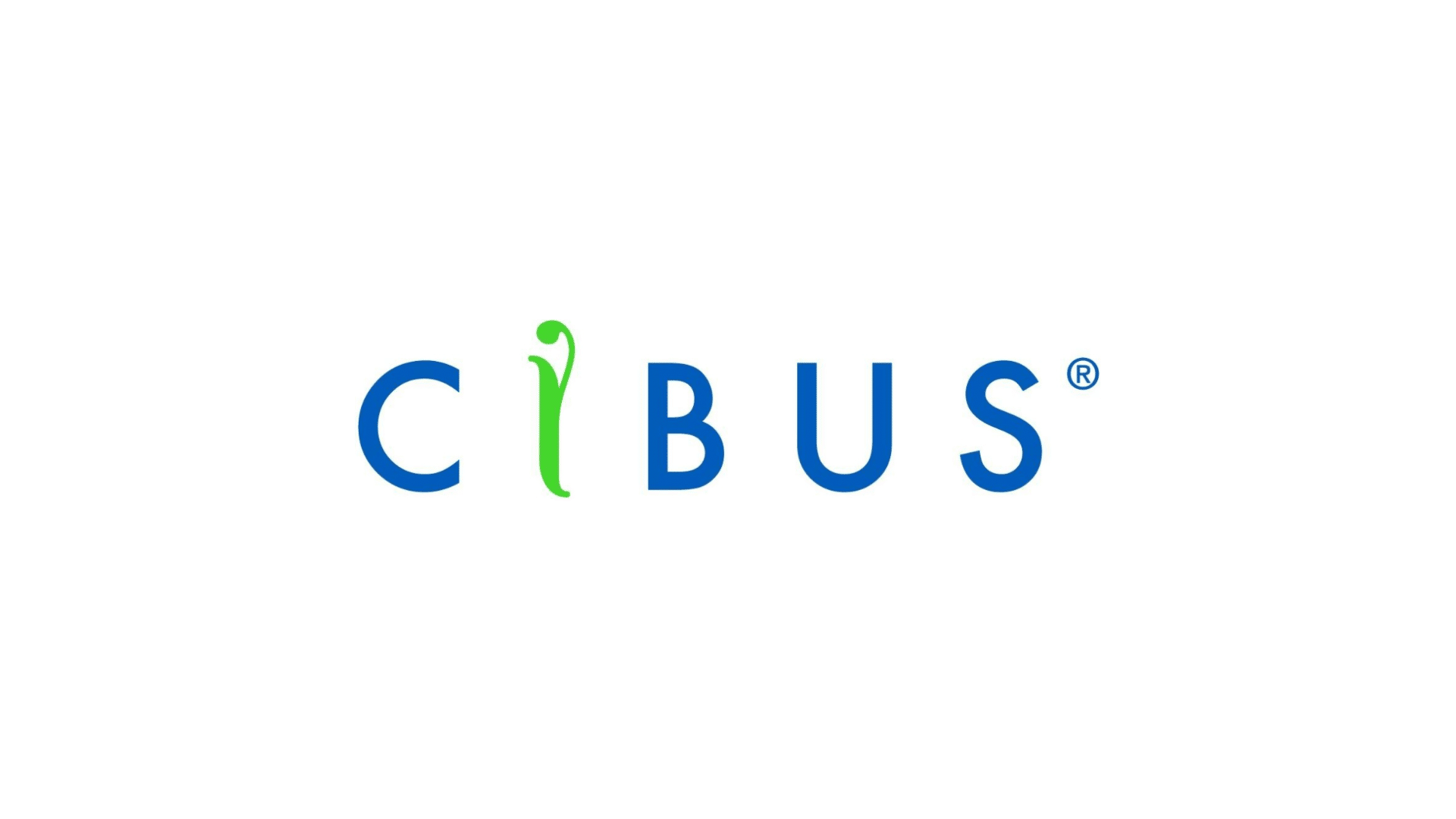Key takeaways
- Cibus was selected as a key technology partner in a Defra-funded UK precision breeding project.
- The initiative targets Light Leaf Spot, the most damaging disease affecting UK oilseed rape.
- Cibus will apply its Rapid Trait Development System™ to elite oilseed rape breeding lines.
- The project aligns with the UK’s Genetic Technology (Precision Breeding) Act 2023.
- The collaboration involves 12 academic and industry partners across the UK.
Cibus Joins Defra-Funded Farming Innovation Programme
Cibus, Inc. (Nasdaq: CBUS), an agricultural technology company specializing in the development and licensing of plant traits, announced its participation as a key technology partner in a research and development project funded by the UK Department for Environment, Food & Rural Affairs (Defra). The project forms part of the Farming Innovation Programme, which supports mid-stage precision breeding initiatives aimed at improving the resilience and productivity of UK agriculture.
Under the programme, Defra is investing in projects designed to address critical challenges facing farmers. Cibus will contribute its proprietary gene-editing capabilities to support the sustainable protection of oilseed rape (OSR) against Light Leaf Spot disease.
“We are excited to be chosen for this critical program and to support the UK’s vision for a more resilient agricultural sector,” said Tony Moran, Senior Vice President of International Development at Cibus. “By integrating our precision breeding technology with the world-class research at the John Innes Centre and the University of Hertfordshire, the project aims to provide a vital tool for farmers.”
Cibus Supports Development of Disease-Resistant Oilseed Rape
The project, known as LLS-ERASED (Light Leaf Spot Enhancing Resistance and Reducing Susceptibility with Editing), focuses on reducing susceptibility to Light Leaf Spot, the most destructive disease affecting oilseed rape in the UK. According to project data, the disease resulted in an estimated £300 million in losses to growers in 2022.
Using Cibus’ Rapid Trait Development System™ (RTDS®), the consortium aims to introduce precise gene edits in elite OSR breeding lines by switching off specific susceptibility genes. The objective is to develop high-yielding varieties with durable, multi-disease resistance while significantly shortening the time required to bring new traits to market.
“Our Rapid Trait Development System™ enables precise gene edits in elite OSR breeding lines, significantly shortening the time needed to bring new traits to market,” Moran added, noting that the project also supports the long-term economic viability of oilseed rape as a key break crop in the UK.
Collaborative Research and Industry Engagement
The LLS-ERASED consortium brings together 12 academic and industry partners, including the John Innes Centre, the University of Hertfordshire, and the British On-Farm Innovation Network (BOFIN).
“I am excited to be working with Cibus to develop material with reduced susceptibility to light leaf spot disease in an elite agronomic background,” said Dr. Rachel Wells, Project Technical Lead at the John Innes Centre. “To get our genetics from research to out on farm will be a major achievement.”
Tom Allen-Stevens, Project Lead at BOFIN, highlighted the broader ambition of the initiative, noting that the project aims to establish a model that can be applied to future precision-bred traits, including resistance to other diseases and pests.
Alignment With UK Precision Breeding Policy
The project aligns with the Genetic Technology (Precision Breeding) Act 2023, which positions England as a hub for gene-edited crop development. Defra funding, delivered in partnership with Innovate UK, will support 15 innovation projects across England and Wales, with at least £21.5 million allocated to initiatives focused on emissions reduction, resilience, and productivity.



1 Comment